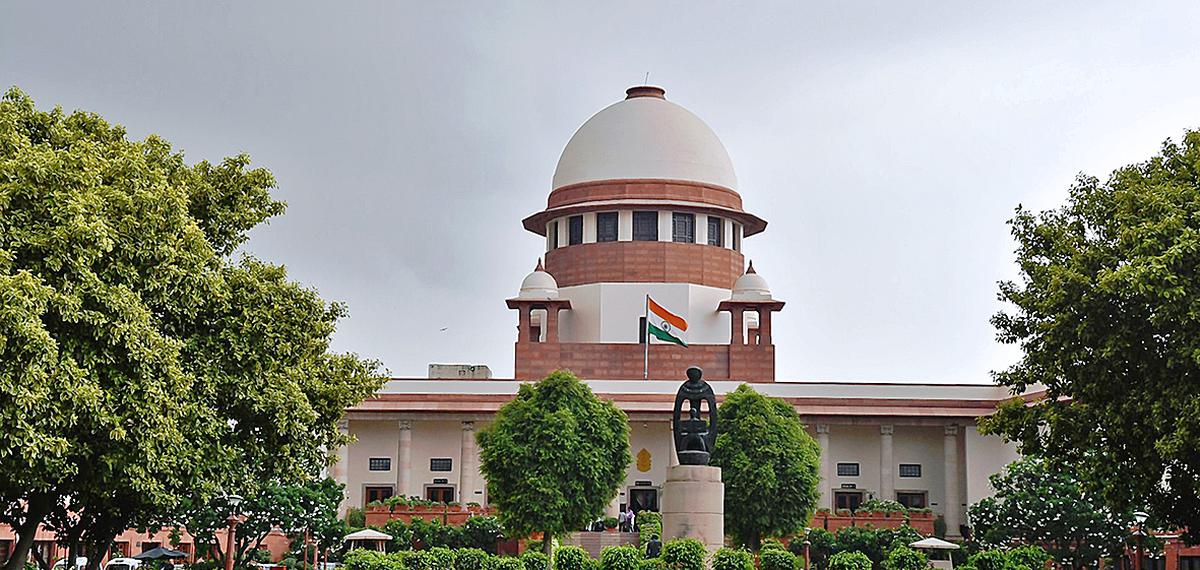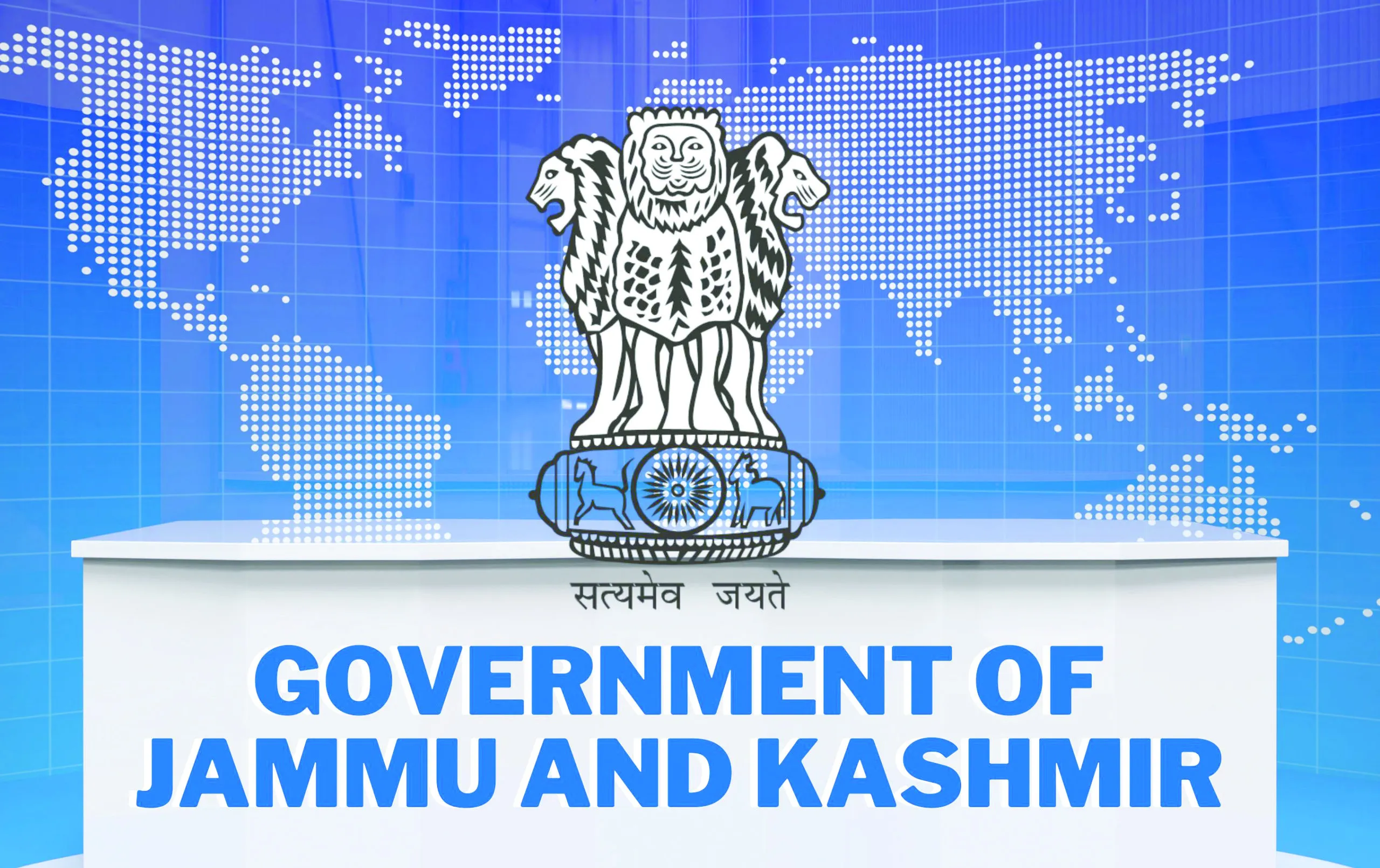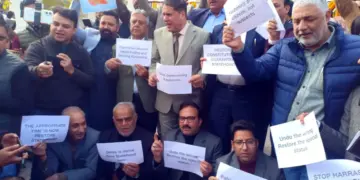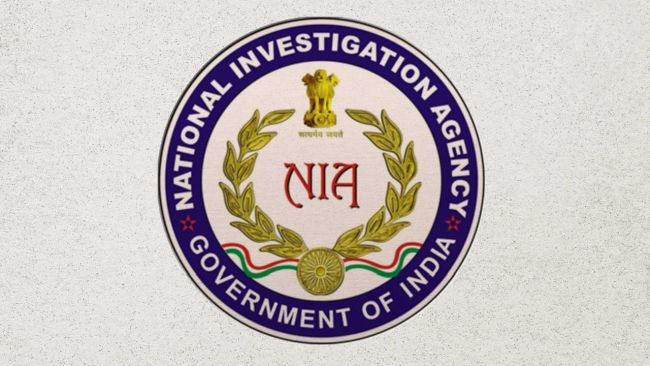Srinagar: The High Court of Jammu and Kashmir and Ladakh has held that preventive detention orders issued by the divisional commissioners of the Union Territories of J&K & Ladakh under the erstwhile State’s Prevention of Illicit Traffic in Narcotic Drugs and Psychotropic Substances (PITNDPS) Act, 1988 derive their sanctity under the Jammu and Kashmir Reorganization (Removal of Difficulties) Order 2019, of October 30, 2019.
The court was hearing a challenge to a preventive detention order by Divisional Commissioner Kashmir wherein one Dilawar Javid Bhat, son of Javid Ahmad Bhat of Monghal, Anantnag, had been detained after bail in PITNDPS Act of 1988 of J&K. Dilawar had been apprehended with 100 kilograms of poppy straw in 2022.
The counsel appearing on behalf of petitioner had given much emphasis on the sole ground to challenge the detention order which revolved around the promulgation of J&K Reorganization Act 2019 and consequent repeal of erstwhile “The Jammu and Kashmir PITNDPS Act 1988” contending that since the erstwhile Act finds place at serial no 110 in Table-3 of Fifth Schedule containing list of repealed laws, as such, the order by the Divisional commissioner “is illegal”.
Justice W S Nargal in his elaborate judgment held “the Jammu and Kashmir Reorganization (Removal of Difficulties) Order 2019,” dated 30.10.2019 extended all laws that were applicable to the rest of the country to the Union Territory of Jammu and Kashmir, in addition to the laws listed in Table-2 of Fifth Schedule of the J&K Reorganization Act. As a result, the PITNDPS Act, 1988, was also made applicable to the Union Territory of Jammu and Kashmir from the appointed day”.
He said clause 5 of the order explained that all those Central laws, ordinances and rules, which are applicable to the whole of India except the existing State of Jammu and Kashmir immediately before the appointed day, shall now be applicable to the Union Territory of Jammu and Kashmir and the Union Territory of Ladakh in addition to the Central laws specified in Table-1 of the Fifth Schedule to the Principal Act.
“So along with the laws outlined in the Fifth Schedule of the Reorganization Act, all Central laws, including the PITNDPS Act, 1988 (which had not been extended to the State of Jammu and Kashmir earlier), have now been made applicable to the Union Territory of Jammu and Kashmir under the provisions of the above mentioned SO 3912 (E) issued by the Ministry of Home Affairs on 30.10.2019 by way of J&K Reorganization (Removal of Difficulties) order 2019,” he said.
“Besides a bare reading of the SRO 247 makes it clear that both the Divisional Commissioners of Jammu and Kashmir have been specifically authorized for the purposes outlined in subsection (1) of Section 3 of the PITNDPS Act, said the judge adding that the petitioner’s argument that the Divisional Commissioner of Kashmir is not empowered under the PITNDPS Act, 1988, is not tenable, as the relevant provisions in SRO 247 explicitly grant such authority to the Divisional Commissioner of Kashmir and Jammu as well.
“The plea of the senior counsel for the petitioner that the general authorisation given to the Divisional Commissioners under the J&K Public Safety Act, 1978, is not enough and that it is not in compliance with Section 3, is totally misconceived. The Divisional Commissioner, Kashmir, has been specially authorised as is evident from the SRO,” he said.
He said “under the section 2(a) of the Act “appropriate Government” means, as respects a detention order made by the Central Government or by an officer of the Central Government, or a person detained under such order, the Central Government, and as respects a detention order made by a State Government or by an officer of State Page 14 of 24 HCP No. 35/2024 Government, or a person detained under such order, the State Governments”.
To address the issue, whether the Union Territory of J&K falls within the scope and ambit of the aforementioned definition clause of appropriate Government, the judge quoted Section 3(58) of the General Clauses Act, 1897. It says “A State…. shall mean a State specified in the First Schedule to the Constitution and shall include a Union Territory”.
“There is no doubt that the definition of State as contained in [Section 3 (58) of General Clauses Act, 1897] includes Union Territory. The term, “all local or other authorities within the territory of India or under the control of the Government of India” comprises States and Union Territories. The term State includes the Government of each State that is the State Executive and legislature of each State that is the State legislatures. It is pertinent to mention that it includes Union Territories as well,” read the judgment and dismissed the petition of the alleged trafficker.







